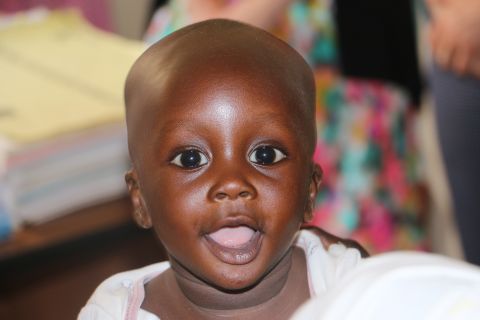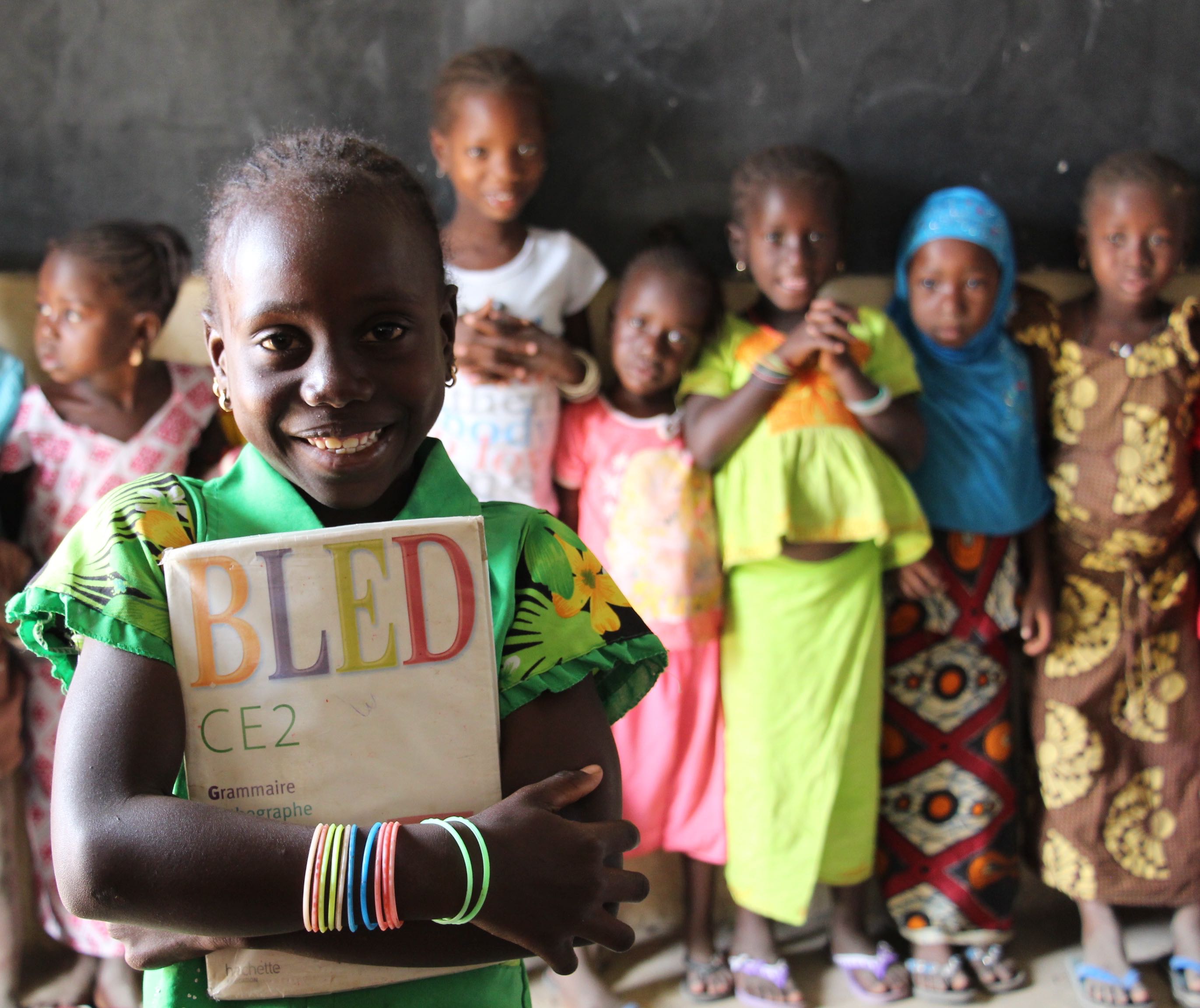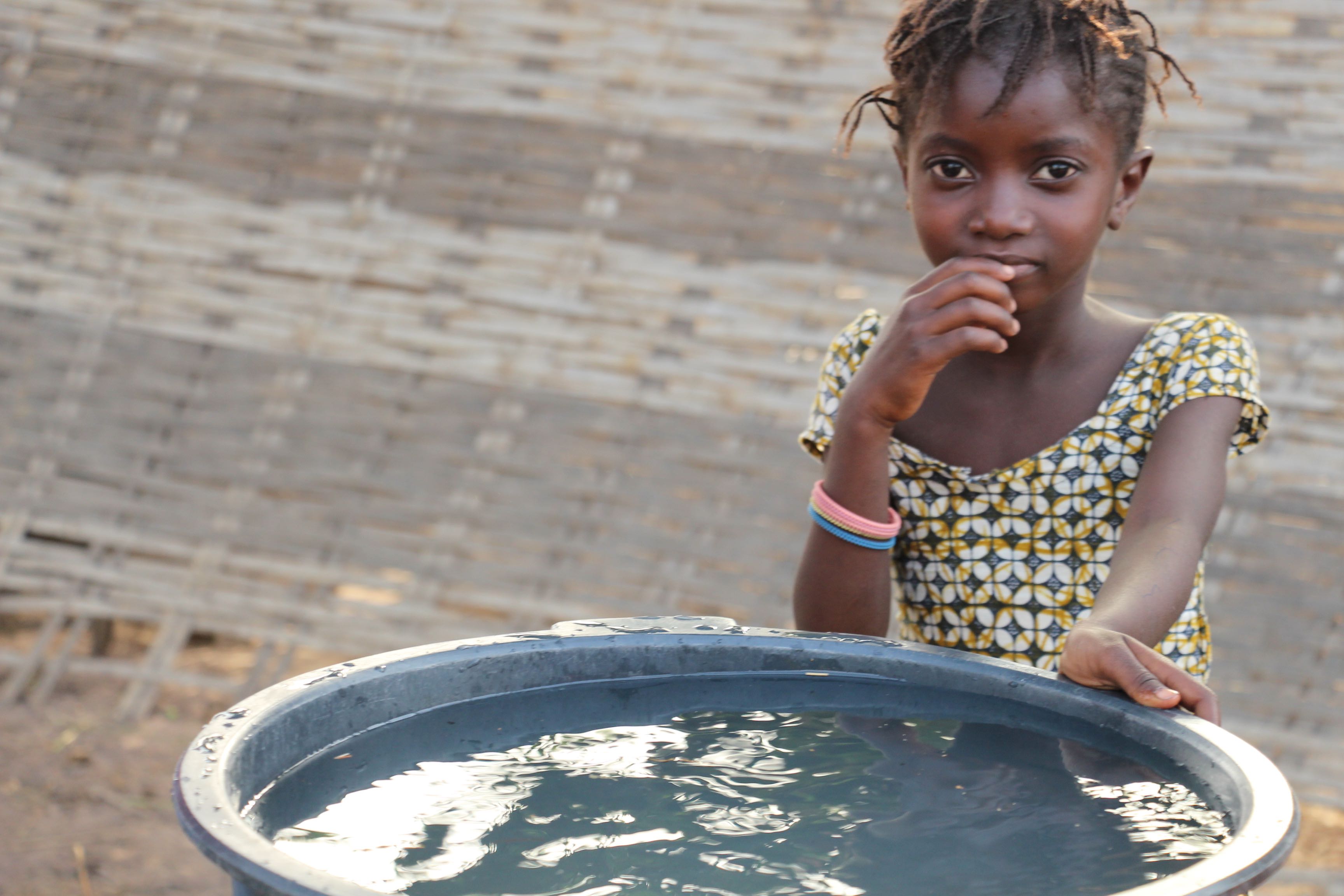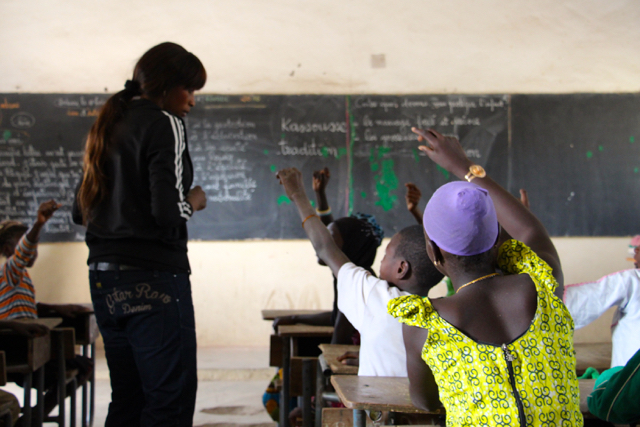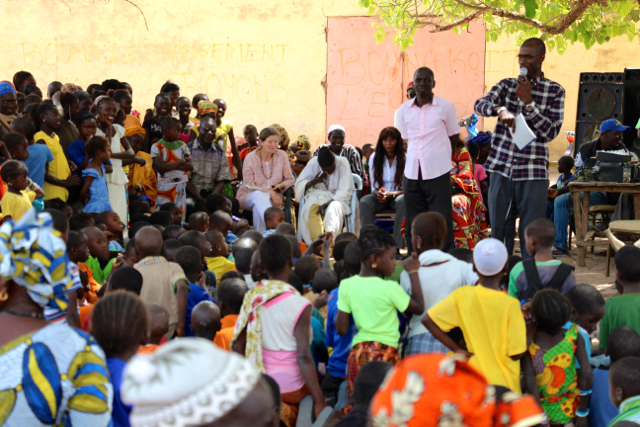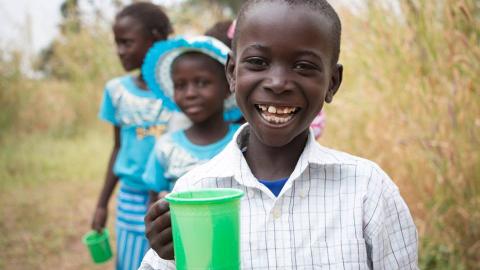
Our Work
Health and Nutrition
What we want to do:
We want to see all children, under the age of 5, and all women of childbearing age to enjoy better access to health care and appropriate nutrition. We are working towards this by:
-Increasing the number of children who are protected from disease
-Increasing the number of children who are well nourished
-Ensuring children and their caregivers have access to essential health services
What is the problem?
Insufficient food intake and the lack of knowledge regarding proper nutrition for pregnant women as well as ignorance of proper infant and young child feeding practices puts children and their mothers at risk of not receiving the nutrients they or their children need to grow. This is exasperated by a shortage of qualified health personnel and cultural behaviors that often prohibit women from receiving quality prenatal care.
How is World Vision addressing the issues?
We are working with communities and the Ministry of Health in Senegal to strengthen the community-based health system and increase access to qualified health care for isolated and vulnerable populations. In fact, all children between birth and 5 years old are can now access healthcare free of charge thanks to a new policy put in place by the government.
We have also put cereal banks and other coping mechanisms in place to help families through lean times when harvests have failed or rains are delayed.
Finally, we are educating mothers about proper nutrition for themselves and their young children. And, we are monitoring the growth of more than 47,000 children in order to detect early signs of malnutrition.
Is what World Vision doing working?
Yes, we have seen a 4% decrease in the number of children between 0 and 24 months who are facing malnutrition (from 10% in 2015 down to 6% in 2017). And, we are very excited by the governments dedication to map and serve vulnerable populations, especially all children under 5.
What’s the impact?
-All children 0-5 can access health care free of charge
-28,409 women of child-baring age and/or guardians learned about good nutritional practices.
-47,177 children are having their growth monitored at 1,109 growth and monitoring stations, checking for early signs of malnutrition.
-Cereal banks were established as cooping mechanisms for families suffering from crop failure.
*Numbers from 2017
FOOD SECURITY AND RESILIENCE
